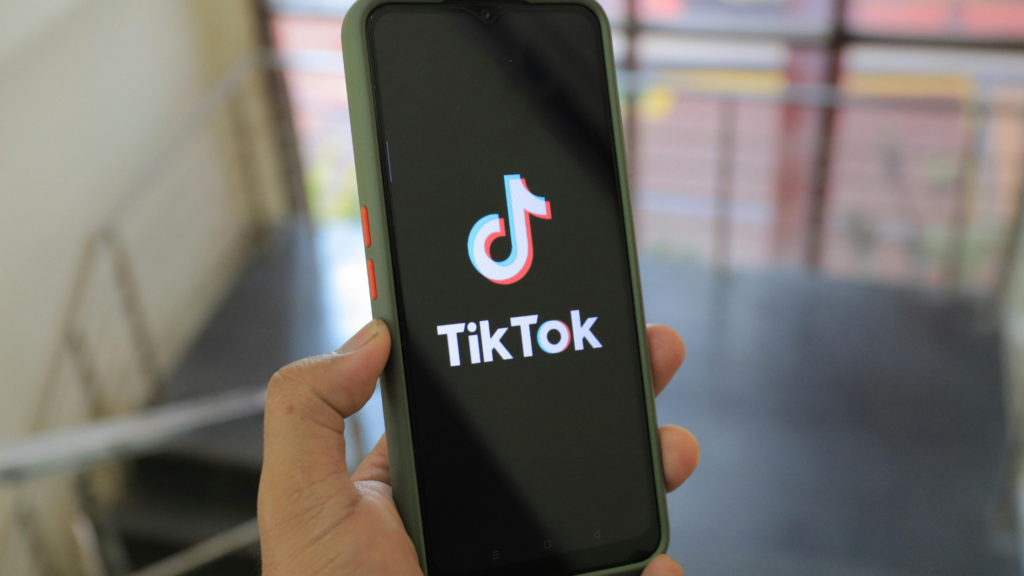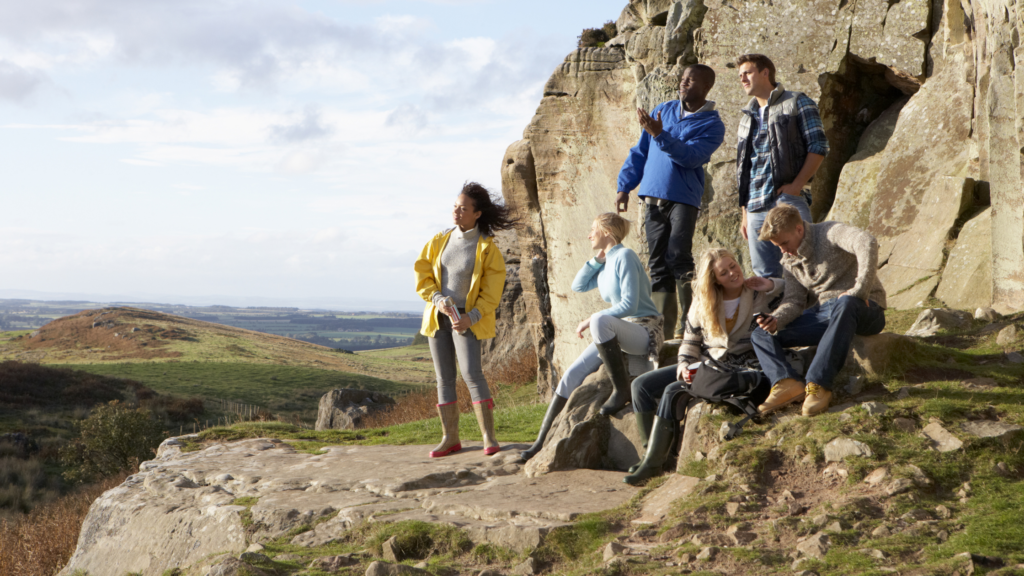How to Handle Different Travel Personalities in Your Group
April 3, 2025
Read MoreThe U.S. House of Representatives recently passed a bill requiring TikTok’s parent company, ByteDance, to sever ties with Chinese owners within six months or face a U.S. ban. If you’re not sure what this means, here’s a quick breakdown of how a TikTok ban might impact travel.
TikTok is a wildly popular social media platform with more than 1 billion (with a b!) active global users each month. It uses short-form video to educate, inspire, or even make us laugh.

The travel industry has embraced TikTok because it favors searchability and discoverability. It allows travel companies to reduce their dependence on Google but still reach large audiences. It distributes content in a unique way to people who are not formally following an account but heavily engaged.
Big and small brands alike use the platform to promote their businesses and draw huge numbers of loyal followers. Destinations, airlines, booking services, tourism boards, and more create content and advertise on TikTok.
Travelers use TikTok for research, trip ideas, attractions, travel tips and hacks. Many are part of “niche” groups following their favorite content creators.
In fact, recent studies showed that 44% of Gen-Zers use TikTok as their ultimate travel guide.

TikTok is owned by the Chinese company ByteDance. U.S. lawmakers are concerned that the company has access to American user data and can control what content American users see. As a result, they believe TikTok presents a credible threat to national security.
While the bill’s outcome in the Senate is still undetermined, some states have taken a proactive approach to restrict TikTok. Tourism offices in South Dakota, Utah, Arkansas, Virginia, and South Carolina have closed their accounts.
The travel industry got a sneak peak of what might happen when state tourism boards deleted their TikTok accounts.
For example, Travel South Dakota had grown its account to more than 60,000 followers before disconnecting. They adjusted their marketing strategy to reach a similar audience via Instagram Reels and YouTube Shorts (also short form video formats.)
And while these moves are gaining some traction, they haven’t been able to replicate the searchability and discoverability of TikTok.
On a larger scale, a U.S. TikTok ban could disrupt the entire global travel industry. Travel brands worldwide that are headquartered in the U.S. would be unable to advertise to outbound tourism markets. And their U.S.-based employees wouldn’t have access to their accounts.

Moreover, 2023 statistics show that 60% of TikTok users became interested in visiting a new destination after seeing a TikTok video about it. The trendsetting influencers who create this content would lose their American TikTok audience, and destinations would lose potential travelers.
Despite all the speculation and dire predictions, the ban is not a done deal yet. The Senate has not yet passed the bill, and many expect a resolution within the next six months.
Experts point to TikTok’s staggering $24.2 billion (again, with a b!) contribution to the U.S. economy in 2023. With numbers like that and more than 170 million Americans on TikTok every day, it might just be too big to ban.
Stay tuned…
April 3, 2025
Read MoreMarch 20, 2025
Read MoreMarch 6, 2025
Read MoreFebruary 20, 2025
Read MoreJanuary 9, 2025
Read More